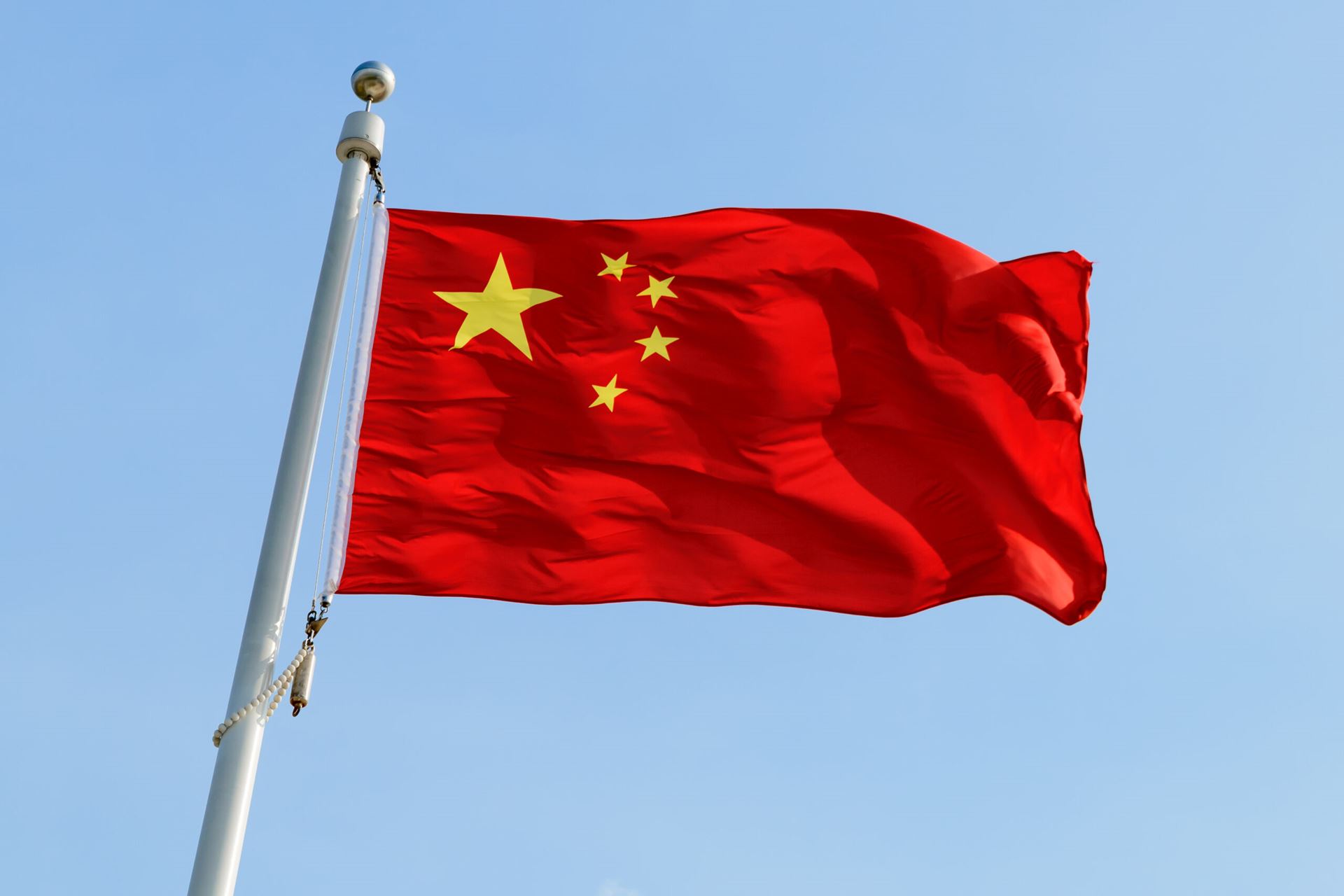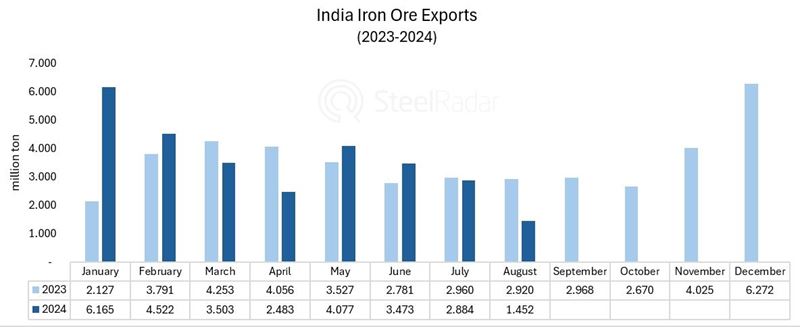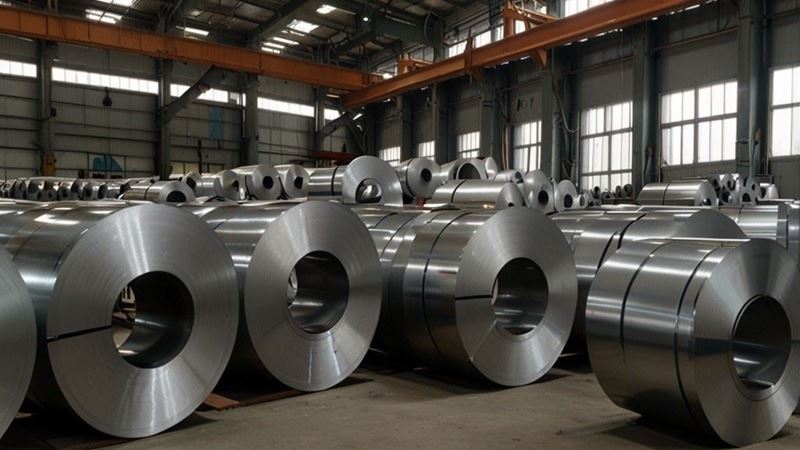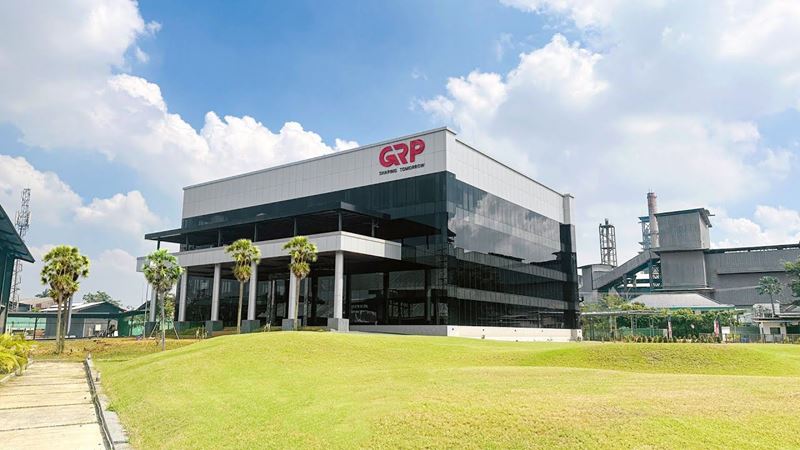China plans to take bolder economic support steps for 2025. The Politburo, the top decision-making body of the Chinese Communist Party headed by President Xi Jinping, has committed to a ‘moderately loose’ monetary policy. This means that interest rates could be cut further and the ‘cautious’ approach of 14 years will be abandoned.
According to the Politburo, China is expected to pursue a more "proactive" fiscal policy to stimulate the economy in 2025. In particular, expectations have grown that Beijing will increase its fiscal deficit by more than 3% in the annual parliamentary session in March.
China implemented an "appropriately loose" monetary policy after the 2008 global financial crisis. In the 2010s, it adopted a "cautious" approach. However, signals have been given that looser monetary policy and fiscal measures will be taken in 2025 to increase domestic consumption. This strategy is planned to be implemented with the aim of reviving domestic markets and stabilizing real estate and stock markets.
The Politburo's statement also emphasized that "non-traditional countercyclical" adjustments will be made. The Chinese government aims to take these steps to overcome the crisis in the real estate sector and low domestic consumption.
In addition, the Central Economic Work Conference, which will determine China's growth target for 2025, will be held on December 11-12. This conference will evaluate the performance of the country's economy in 2024 and shape policies for 2025. Next year's growth target will probably be around 5%.
China's economic data showed that annual inflation fell to 0.2% in November, the lowest level in five years. This encouraged investors and had a positive impact on stock indexes in Hong Kong and the Chinese offshore yuan. In addition, the interest rate on China's 10-year bonds fell to a historic low of 1.935%.
Xi Jinping called for "full preparation" to meet the country's 2025 goals, saying the challenges faced can be overcome.











Comments
No comment yet.